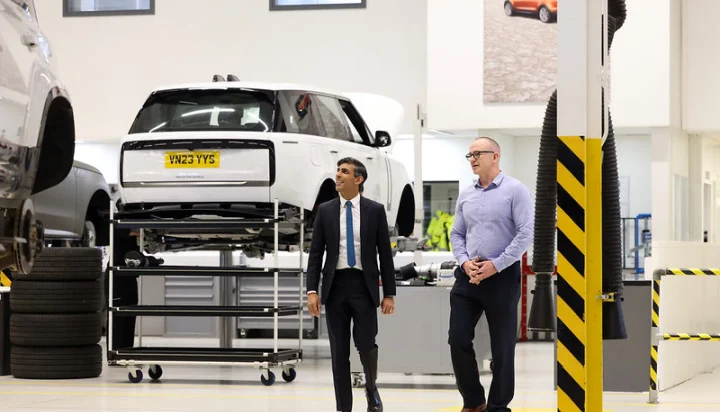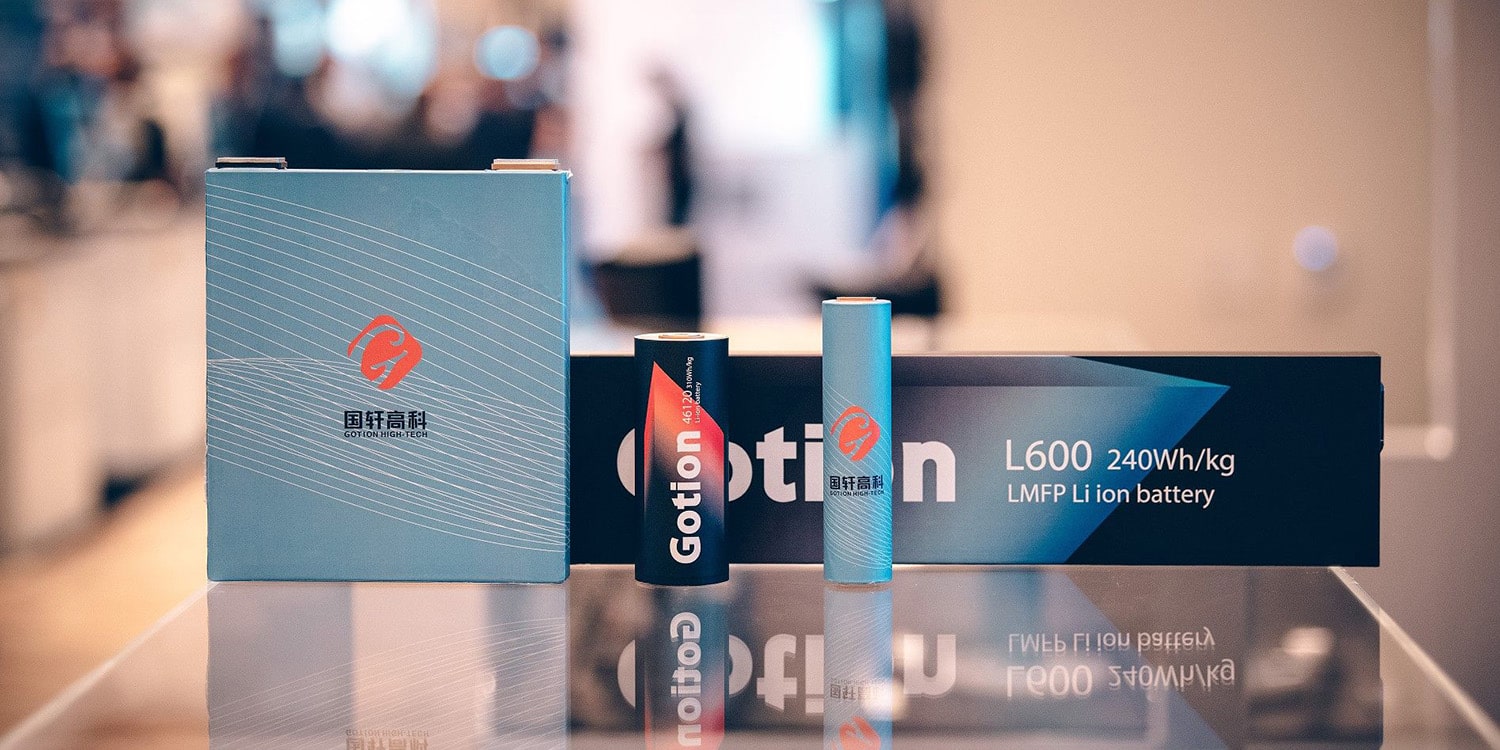The UK government has revealed its Battery Strategy, a significant roadmap aimed at fortifying domestic supply chains for electric vehicles (EVs) and reducing dependence on Chinese-manufactured batteries.
With an allocation of £2 billion for capital and research and development funding until 2030, the strategy places a central focus on supporting zero-emission vehicles, batteries, and their associated supply chains.
Key investments outlined in the strategy include £38 million for the UK Battery Industrialisation Centre, £12 million for the Advanced Materials Battery Industrialisation Centre, and £11 million earmarked for 20 technology innovators across the battery value chain.
Highlighting the importance of international collaboration and facilitating market access for critical minerals, the strategy aims to cultivate an environment conducive to foreign investment while meticulously considering implications for national security.
A dedicated Battery Strategy Taskforce has been established to provide ongoing guidance on implementation, identify emerging risks, and pinpoint opportunities for the UK government.
Nusrat Ghani, Minister of State for Industry and Economic Security at the Department for Business and Trade, as well as Minister of State for the Investment Security Unit at the Cabinet Office, stated, “The government’s 2030 vision is for the UK to have a globally competitive battery supply chain that supports economic prosperity and the net zero transition.”
Ghani added, “The UK will be a world leader in sustainable battery design and manufacture, underpinned by a thriving battery innovation ecosystem. Batteries represent one of the highest growth clean energy sectors, and the UK is well placed to reap the rewards thanks to its comparative advantage in research and advanced manufacturing.”






